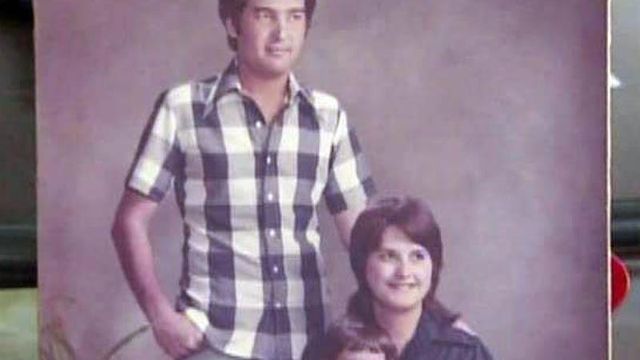Libyan rebellion reunites Duke professor, family
The success of Libyan rebel forces to drive longtime dictator Moammar Gadhafi from power could end decades of separation for a Duke University professor and her father.
Posted — Updated"I'd spent the past 25 years not knowing if I'd ever see him again, quite frankly," said Jen'nan Read, a professor of sociology and global health at Duke. "When this revolution started in February of this year, it was like a miracle."
Her mother, an American, escaped Libya with Read and her younger brother when Read was 14, shortly after the U.S. bombed the country. They hid their American passports in their tennis shoes but had to leave Read's Libyan father, Mahmoud Ghazal, behind.
The separation forced her parents to divorce, and her father later remarried and had more children.
The revolution provided Read's father an opportunity to smuggle his new family from Libya in the middle of the night, and they eventually made it to Egypt. She was on a business trip there and met up with them.
"I met half-siblings I had only talked to on the phone," she said, noting that one half-brother is still on the front lines in Tripoli. "There's such a feeling of connection now with what's going on there that was so minor before compared to what I feel now for it."
Read said she was able to contact her father by email and Skype.
"I got to have conversations with him that we weren't able to have because of the fact that Gadhafi screened all communication," she said. "It was just a very powerful and enlightening time."
She said she quickly learned what life has been like inside Libya.
"Everyone was in fear constantly," she said, adding that it reminded her of the fear that dogged her as a child, when Gadhafi forces would announce public hangings.
"I saw my life flash before me as it could have been had I not made it out," she said. "As a kid, nobody said 'Gadhafi' because you were worried, if you were overheard and it was taken out of context, then you might be (seen as) anti-government (and) your family could be put in prison."
Read has followed news of the rebellion closely for months.
"What we've been watching day in and day out only gives a small insight into the soul of the Libyan people, into their guts and into their willingness to fight for what's theirs," she said. "They are such a lovely, wonderful, caring and fun-loving people."
Her father and the rest of his family are now in Egypt, but she worries they will have to return to Libya eventually. So, she is working with several embassies to try and get them visas to come to the U.S.
• Credits
Copyright 2024 by Capitol Broadcasting Company. All rights reserved. This material may not be published, broadcast, rewritten or redistributed.





